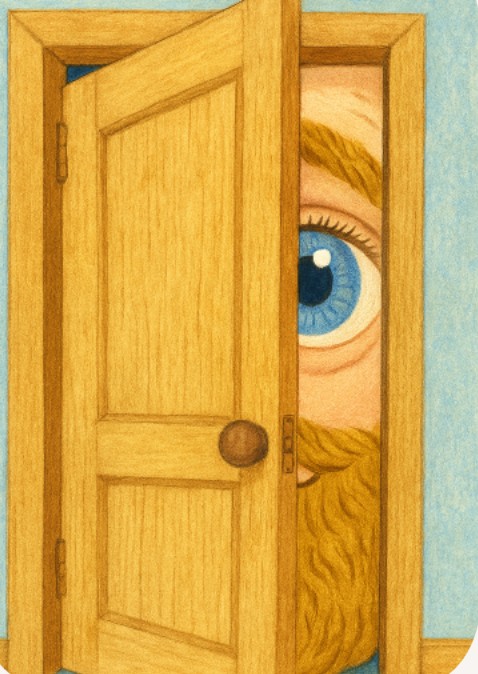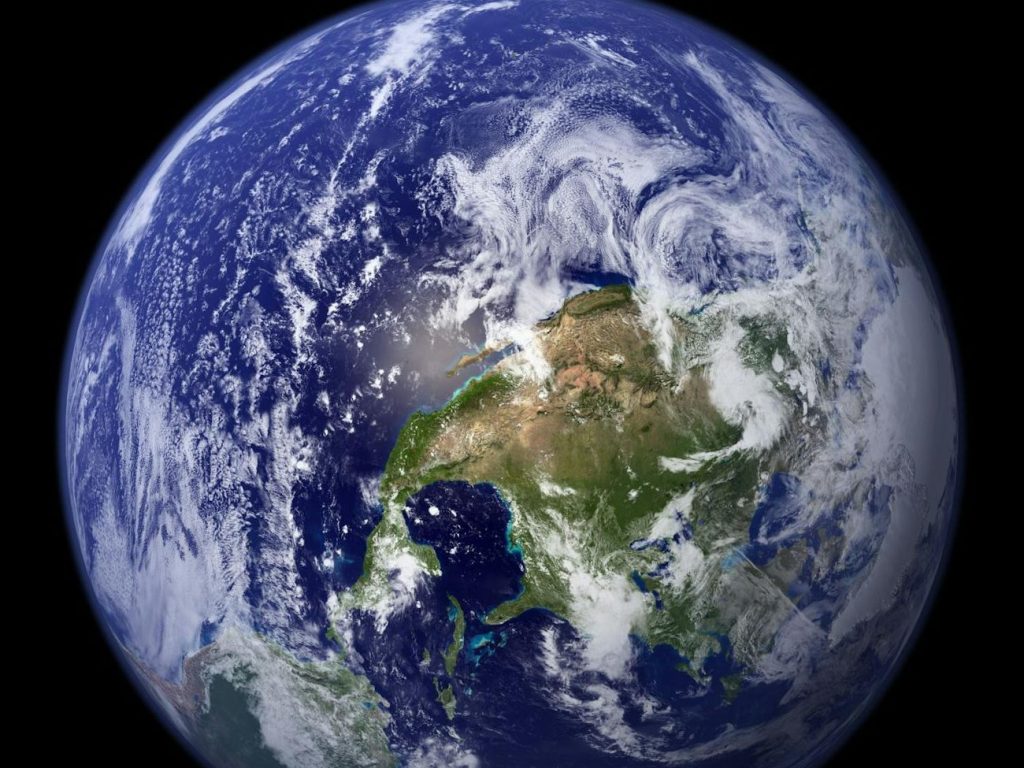
Before humans there were only assorted animals. Of course, they had brains but they did not think in the way humans thought. There is zero evidence that they worshipped a god or believed in one. Not saying they did not have rituals. If they went through a series of movements that produced a result that was desired, they tended to repeat those movements. To humans these movements resembled rituals. Humans also tended to repeat movements to acquire what they needed. Humans developed rituals, which developed into, at a later date, rituals honoring fabricated gods.
Where was god before humans? Nowhere. God is in the same place today. No where. Yet, there were many things happening on a scale that primitive man could not comprehend. These large scale natural occurrences frightened man. Man’s world was out of his control, out of his understanding.
Ways were fabricated to explain these large scale events. Lightening became god’s anger. At one time or another thunder became a bowling ball. Meteors became fallen angels. Mudslides, avalanches, tornados, and flooding became something for which humankind must appease a mighty being… or be destroyed. They had no knowledge of natural events at that time, so they made some up.
Every separate group developed their own belief system. Each having a god not like any other.
Today humans worship many gods, each group considering their god the only one and true god.
This god thing became something ingrained in the brains of humans. It became difficult to separate oneself from your religion without adopting another. Believers frowned mightily upon those that did not believe in their specific god, or any god at all.
That’s how it sits today. All of these groups of humans under the auspices of differing gods and beliefs. There yet remains no gods.
There are atheists today who are aware of reality and know there are no gods. There exists agnostics who just are not sure. There has never been found a legitimate supernatural miracle. Some claim to know of one but can not present evidence of it. Praying to god produces results very much like those occurring if you did not. Nevertheless, fear preserves gods.
Fear preserves the term agnostic in the same way. Leave that door ajar, lest you missed one god when out looking for them. Just a crack of course. Some will never leave the zone of agnosticism. After all, it’s a vast universe that gets bigger as humans become more enabled to look at it. Such a big universe in itself eliminates any gods that might be partial to humanity. All that… that.. everything.. and god prefers the inhabitants of one small dirt speck in the cosmos. Ridiculous.
I feel the word agnostic is of no value. If there were a god of the magnitude capable of creating the vastness of space there is no way that god could hide. Things unexplainable, would be found, seen… that could only have been created. As yet none have been found. Everything in nature seems to align itself with the results expected from natural selection, evolution. In fact there are things that cannot be explained any other way. Peculiarities in human and animal development indicate a building on one creature to produce the next, adding things and hardly ever subtracting.
Close the door. We do not need gods. As thousands of years of history show, gods are more trouble than they are worth.











